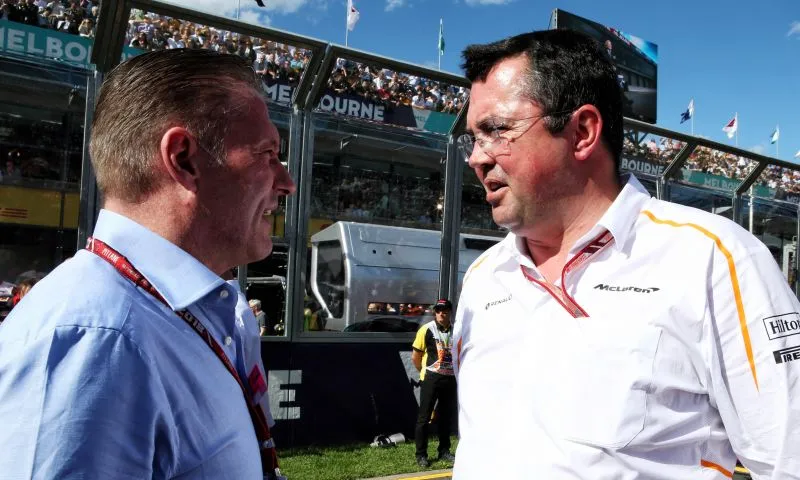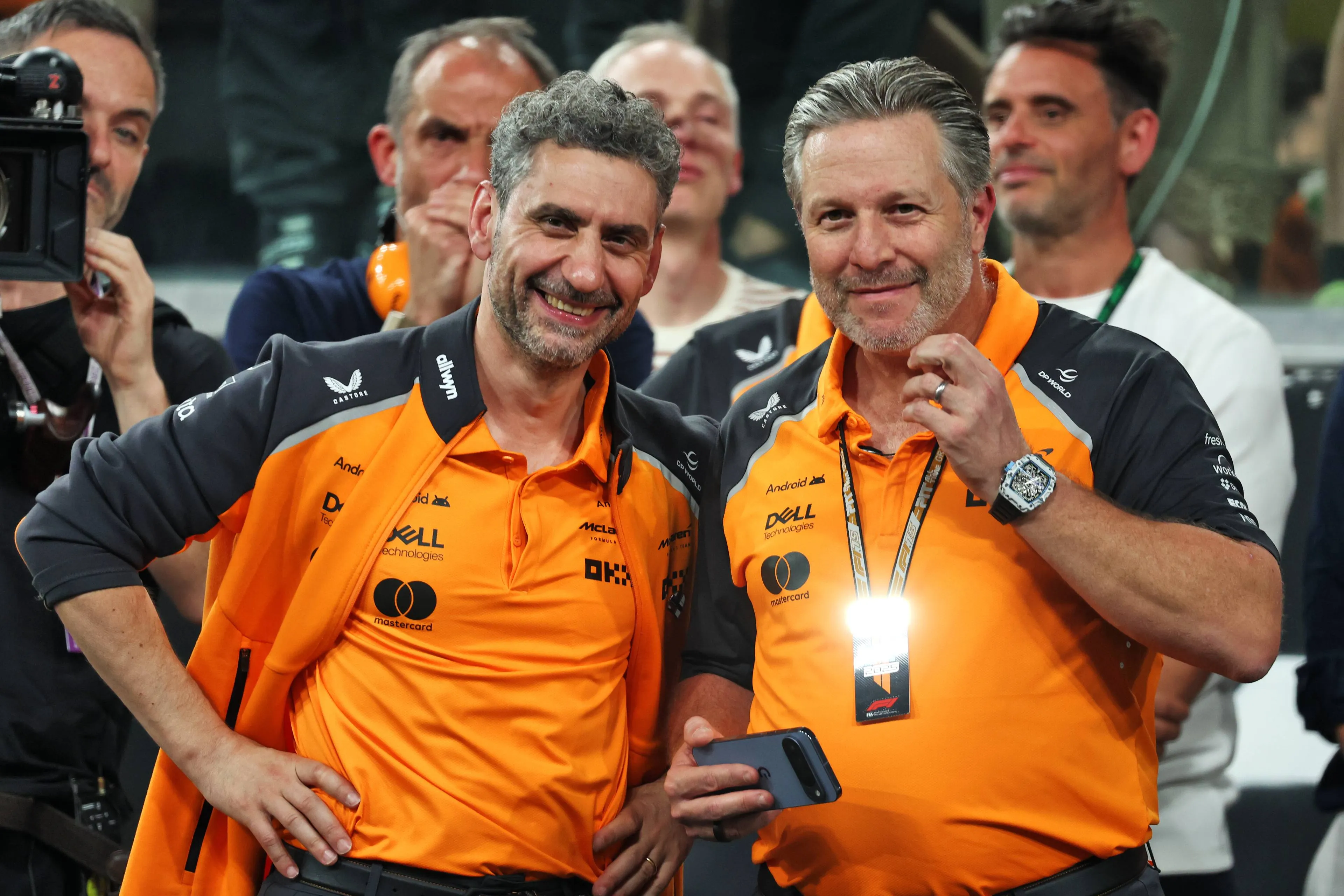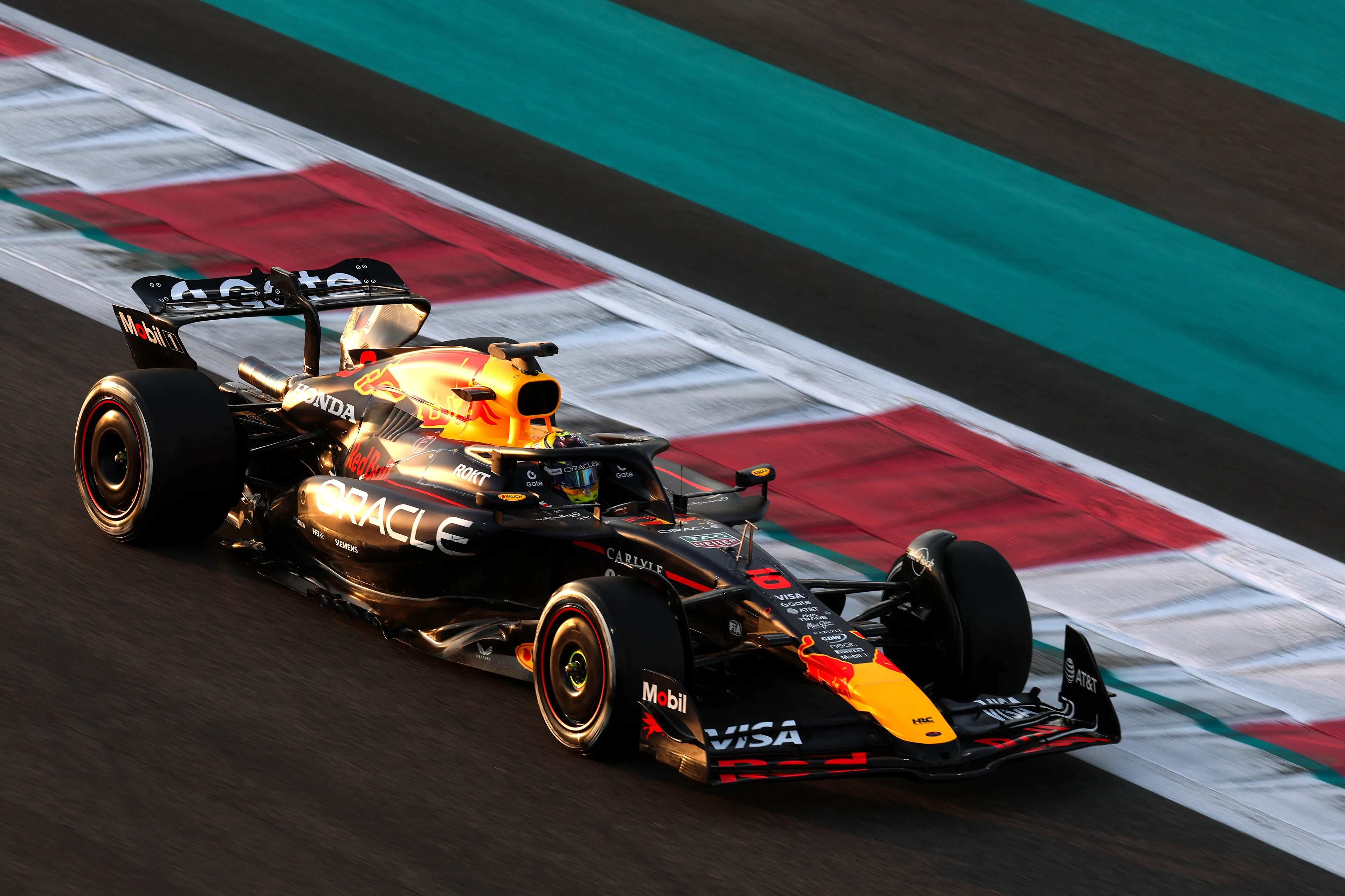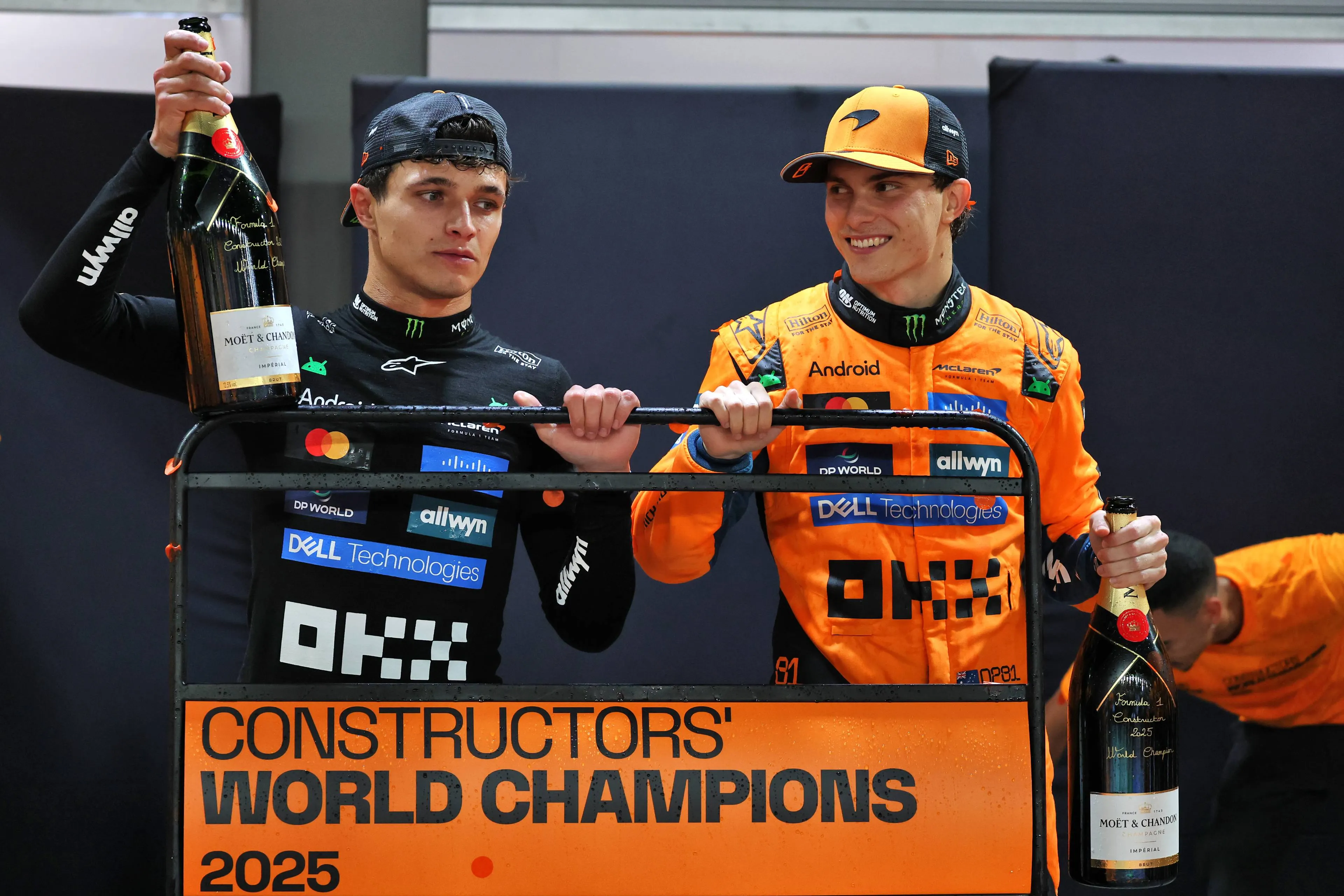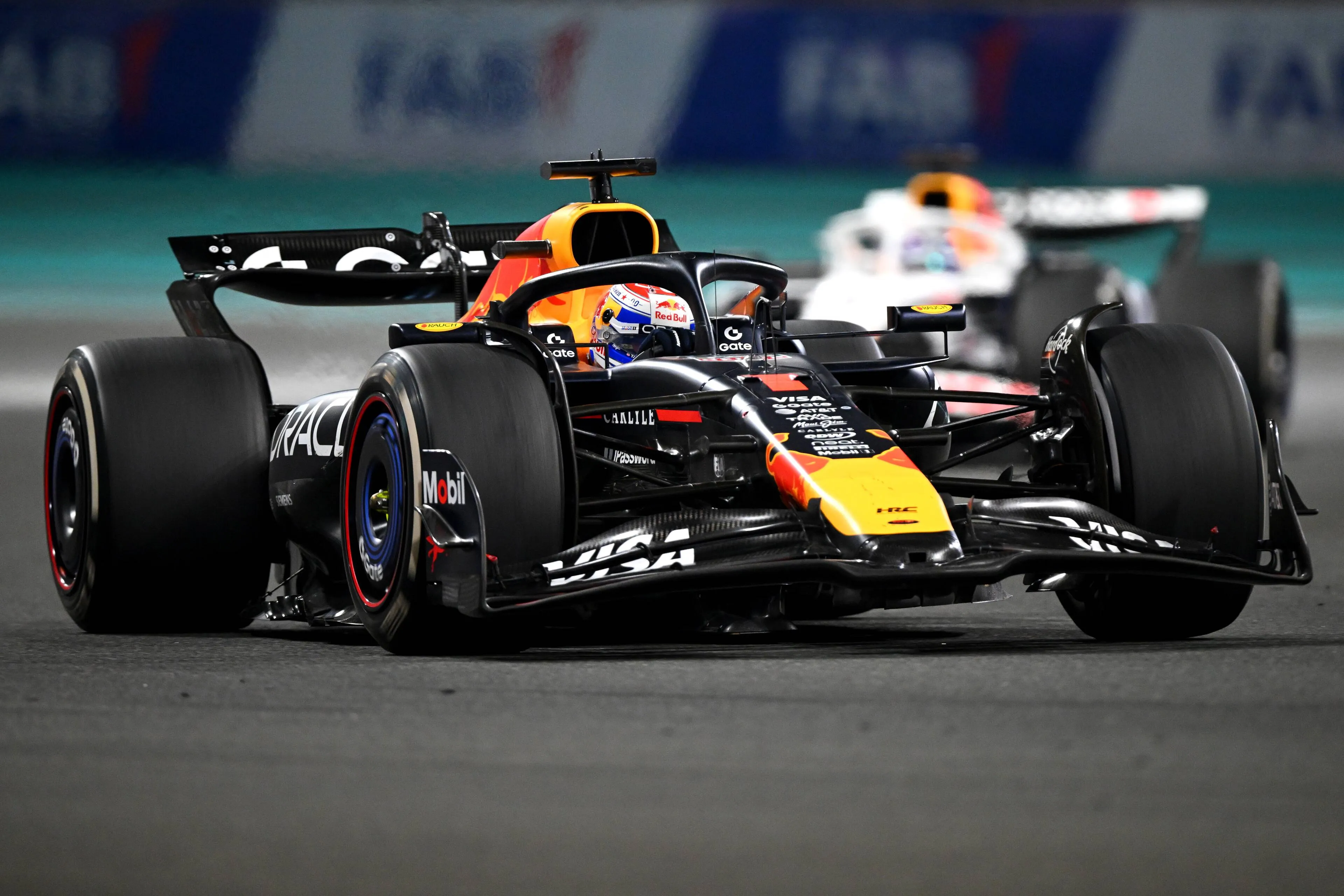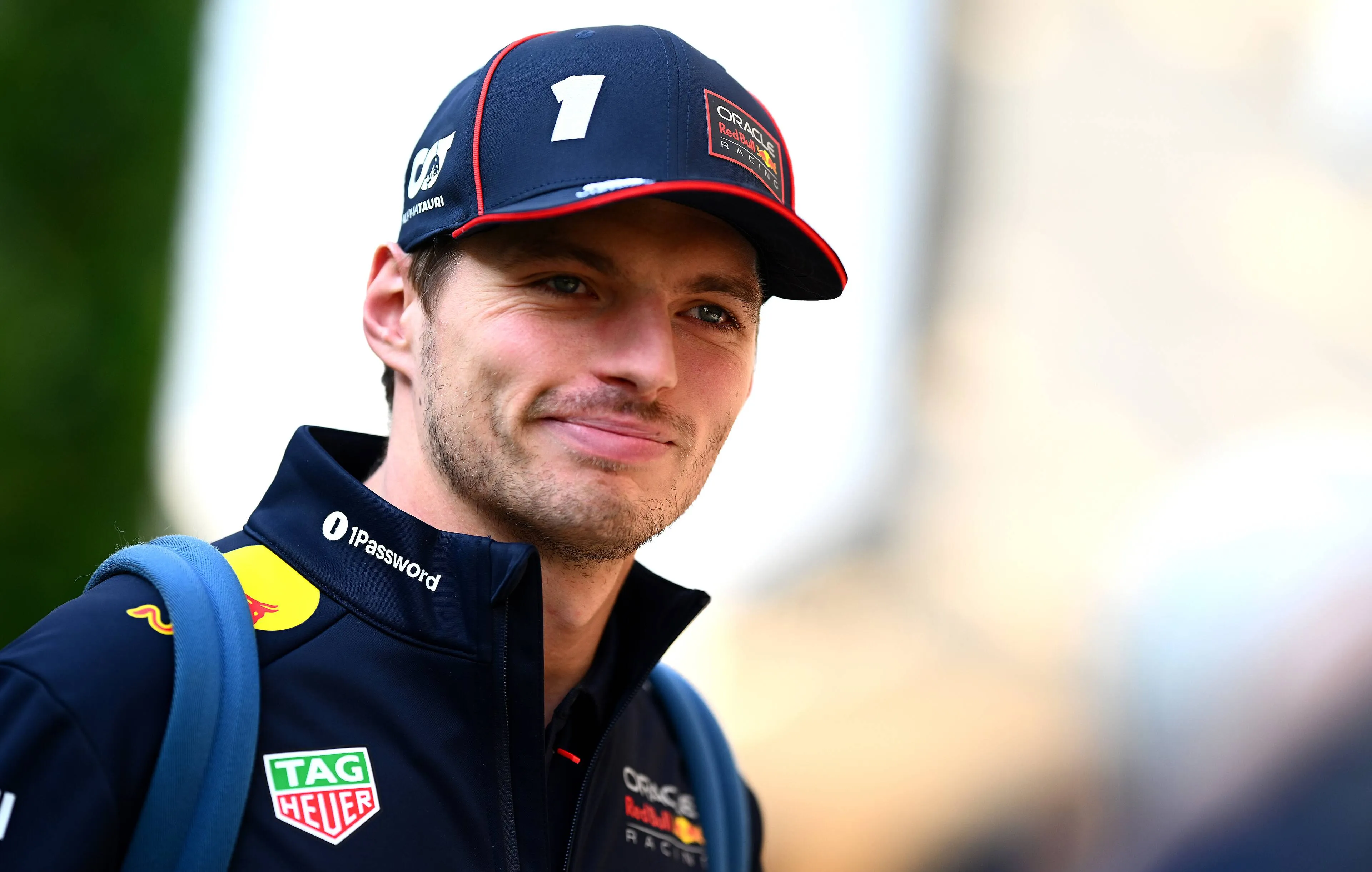In conversation with Eric Boullier: "Good to see that there is thorough thinking"
08:30, 13 May 2021
0 Comments
This season F1 will test the use of sprint races. The so-called sprint qualifying sessions are aimed to ensure that there is more spectacle in a race weekend and that there are more races for the fans to look forward to. In the paddock, not everyone is a fan of this. For circuits, it is good news though, because with more meaningful action also comes more ticket sales.
That is also the opinion of Eric Boullier, general manager of the organisation team for the French Grand Prix. The French Grand Prix will take place at the end of June and the new format won't be used. That will happen a few weeks later at Silverstone. Nevertheless, Boullier is happy with the change. “It has been a process that has been very measured. There was a very long thinking process between the FIA and the F1 teams," the Frenchman begins in conversation with GPblog.
Will sprint racing be a success?
"I think that they did it properly and it’s good to see that there is thorough thinking to try to change the format. I would have thought that if it’s going to be a success they would implement it for the whole season," Boullier added.
"But Ross Brawn told me that they want to do it at a few selected races, to make a highlight during the season. We still have to see how it will work, but I think it will be exciting for the fans to have the opportunity to see two races per weekend."
No sprint race in France
So the new format won't be used at Paul-Ricard just yet, although rumours are now circulating that there is a chance of two races at the French circuit. At the time of this interview, there was no mention of this rumour and Boullier stressed back then that the organisation is not working on any new ideas at Paul-Ricard. “After having to cancel last year, our focus today is to have a race first. To have a race with spectators possible," he said.
"This is our target, having a sprint race or not doesn’t matter. What matters is to have a race."
The idea of sprint races is not entirely new to the Grand Prix weekend. The support classes, F2 and F3, have been using sprint races for some time now. F1 chooses an alternative form by not making it a sprint race, but a sprint qualifying. Fewer points to earn and it determines the starting grid for the main Grand Prix on Sunday.
“I think they might use Formula 2 and Formula 3 to change the format. What can be good for F2 or F3 might not be good for F1. And also what can be good for F1, might not be good for F2 or F3," Boullier uses the example of sprint races in the support classes. "I’m not sure if reversed grids will be good for F1."
Impact of new regulations
This season there have already been a number of regulations that have changed on a technical level, for 2022 much more is scheduled to change. In the F1 paddock, it is therefore expected that these new regulations will cause shake-ups in the ranking. “I expect maybe not a whole shake-up of the grid, even though a lot of people would surely like that."
"It would be good if the gap between the first team and the last team will be closer. That’s one thing that would help to improve the racing. Thanks to the new technical regulations, drivers can really fight with each other, without having too much effect on the aerodynamics and trying to overtake. I think we will see a lot of wheel banging and battles and that is what a lot of racing fans want."
How tricky are new regulations for F1 teams?
Boullier was team principal at McLaren in 2014 when the British team had to work through the major rule changes that ushered in the dominant era of Mercedes. According to Boullier, it is still quite a challenge to put down a fast car, also because the teams do not yet have a frame of reference.
"Of course, you don’t now beforehand if you are going to improve enough to be competitive and this is always a big question mark when you go into testing. Even in these days where everybody is sandbagging during testing, it makes it more difficult to understand everything, but you can feel already where you stand. The most important thing is that you have to improve yourself and don’t take steps backwards," Boullier concluded.
Read more about:
Popular on GPBlog
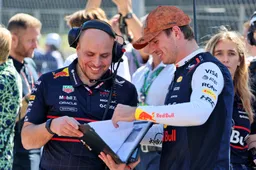
1
F1 Today: Verstappen handed big Lambiase news, F1 team makes changes to launch date
955 times read

2
Valtteri Bottas makes Ferrari switch ahead of 2026 season opener
692 times read
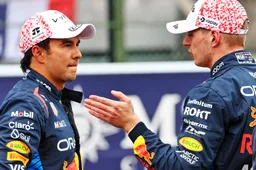
3
Perez is mostly just seeking attention with an absurd claim about Verstappen
580 times read
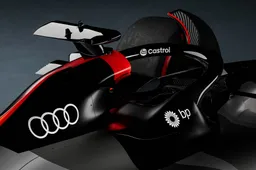
4
Audi land first historical milestone as long-awaited F1 debut looms
565 times read
Loading
